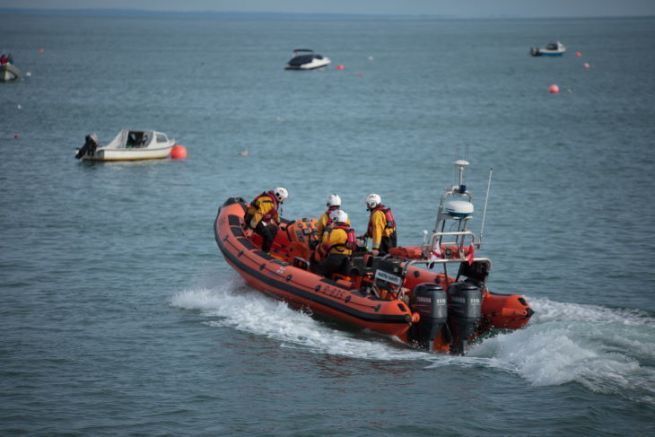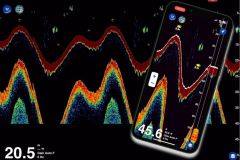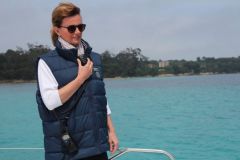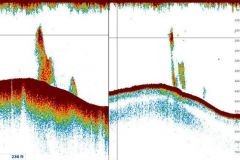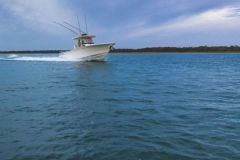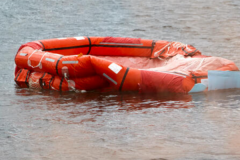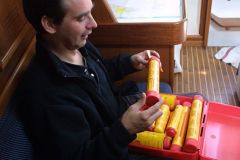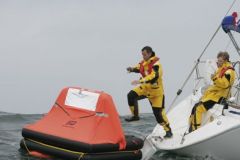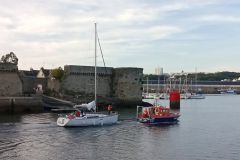Following a joint effort with the International Telecommunication Union ( ITU ), the World Hydrographic Organization ( OHM ) and the member states of the International Sarsat-Cospas Program, the International Maritime Organization ( IMO ) laid the foundation for the Global Maritime Distress and Safety System or GMDSS in 1998.
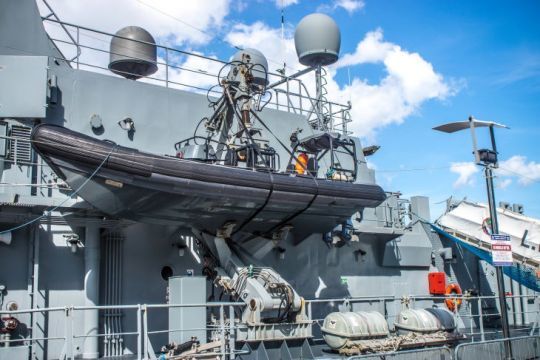
The Global Maritime Distress and Safety System allows a ship at sea, regardless of its position on the globe, to contact a land station. This system defines technical principles (range, frequencies, etc.) and equipment rules which are then translated into national regulations. In France, for example, Division 240, which governs the standards imposed on pleasure craft, includes radiocommunication equipment based on these principles.
Functions common to all boats
Vessels taking part in the system must have the following functions, unless otherwise specified:
- Send distress alerts to shore by at least two separate systems
- Receive distress alerts from the earth. This is, for example, the purpose of the permanent watch on channel 16.
- Send and receive distress alerts from other boats and relay them if necessary. This is the principle of "mayday relay" type messages.
- Transmit and receive communications related to search and rescue operations. Indeed, any vessel can be requisitioned for such an operation and must intentionally have the necessary means.
- Transmit and receive communications on site. This means being able to communicate with other stations (boats, planes, helicopters) that we might come across.
- Transmit and receive signals for tracking purposes. These are the EPIRB beacons for example.
- Transmit and receive Marine Safety Information (MSI). These are the "safety" messages that any boater can send on channel 16.
- Send and receive general communications with other users or authority bodies (Ports, CROSSeuros).
- Transmit and receive gateway-to-gateway communications when voice range is not sufficient to communicate between the flight deck and the machine room ".
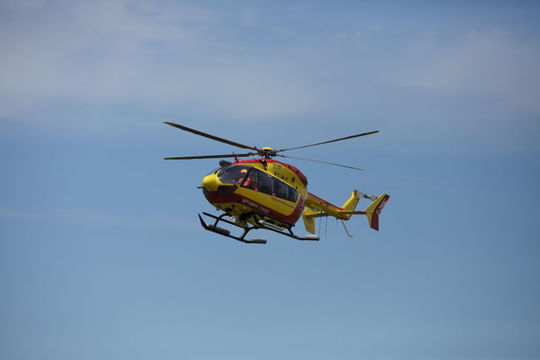
This list of functions covers all the radio equipment carried on board pleasure craft. The VHF ( portable as well as fixed ) covers the vast majority of these functions.
What technical means?
To meet these obligations, the boater relies on a number of radio communication means, on board or not, depending on the distance from the coast at which a boat is sailing.
There are five of the most common services:
- VHF equipmenteuros ) are at the applicant's expense.
Zoning according to technical capacities
Each member state decides on the means of surveillance implemented in its waters. This zoning does not correspond strictly speaking to a territorial division but to the means made available to people at sea according to their location.
In Zone A1, we can speak of a permanent watch by the local authorities. In France, the CROSS have this role. There are five of them and they are operational 24 hours a day. In case of failure of one of these means, another one can take over, without any nuisance for the users at sea.
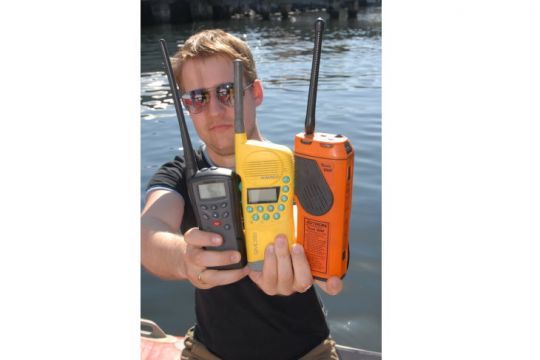
VHF, telephone ... Each means has its advantages and disadvantages In Zone A4, on the other hand, only the satellite service is available to navigators.
Depending on the navigation area ( destination as cruise ), it will be necessary to bring some kind of equipment.
Declinations for boaters
The principles laid down by the GMDSS must be implemented by the States. In France, it is division 240 that establishes the list of mandatory communication equipment. The legislator has decided to work by type of navigation ( coastal, mid-shoreeuro ) to establish the list of mandatory radio equipment.
